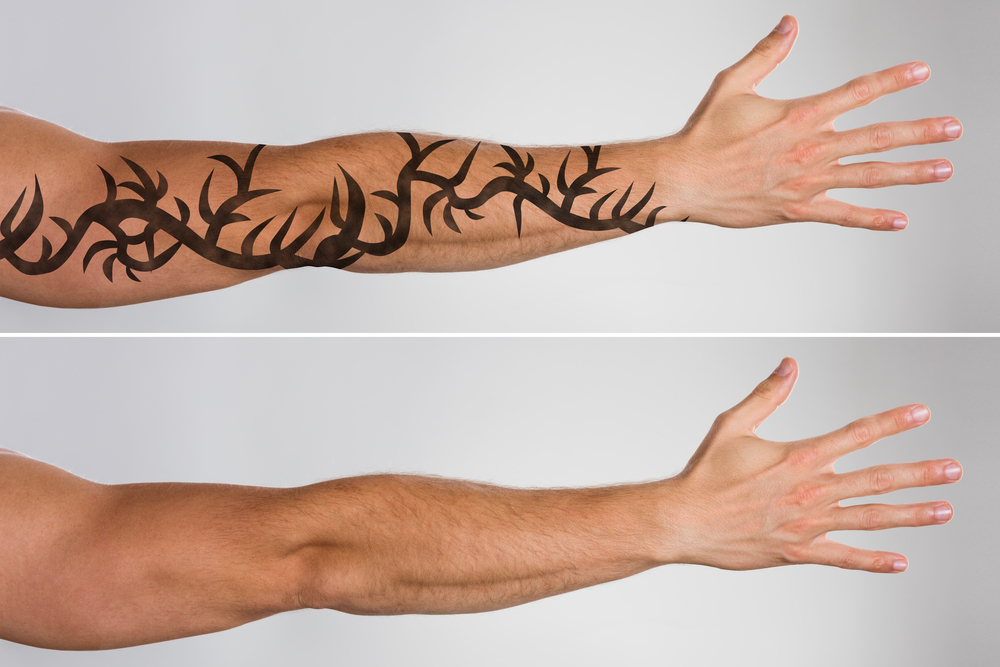
Tattoos are a popular form of body art, but for various reasons, some people may regret getting them. Fortunately, advances in technology have made tattoo removal a possibility. Laser tattoo removal is the most popular method of removing unwanted tattoos, but how effective is tattoo removal? In this article, we’ll explore the effectiveness of tattoo removal and what factors can impact its success.
How Does Laser Tattoo Removal Work?
Laser tattoo removal involves using high-intensity laser beams to break down the pigments in the tattoo ink. The laser light penetrates the skin and is absorbed by the tattoo ink. The energy from the laser breaks the ink into tiny fragments, which are then absorbed and eliminated by the body’s immune system.
Tattoo removal requires multiple sessions, with each session spaced several weeks apart. The number of sessions required depends on various factors, such as the size and color of the tattoo, the type of ink used, the depth of the tattoo, and the individual’s skin type.
How Effective is Tattoo Removal?
Laser tattoo removal is considered to be the most effective method of tattoo removal. According to a study published in the Journal of the American Academy of Dermatology, laser tattoo removal can effectively remove up to 95% of a tattoo’s pigment. However, the effectiveness of tattoo removal can vary depending on several factors.
-
Age of the Tattoo
Older tattoos tend to be easier to remove than newer ones. This is because the ink tends to break down and fade over time, making it easier for the laser to target and break down the pigment.
-
Color of the Tattoo
The color of the tattoo can impact its removal. Darker colors, such as black and blue, tend to be easier to remove than lighter colors, such as yellow and green. This is because darker colors absorb more laser energy, making it easier to break down the pigment.

-
Type of Ink Used
The type of ink used in the tattoo can also impact its removal. Professional-grade ink is more difficult to remove than amateur-grade ink. This is because professional-grade ink contains more pigment and is designed to be longer-lasting.
-
Depth of the Tattoo
The depth of the tattoo can also impact its removal. Tattoos that are placed deeper in the skin are harder to remove because they require more laser energy to break down the pigment.
-
Skin Type
The individual’s skin type can also impact the effectiveness of tattoo removal. People with lighter skin tend to have better results with tattoo removal because the laser can target the pigment more effectively. People with darker skin may have a higher risk of scarring and hyperpigmentation.
Conclusion
Laser tattoo removal is considered to be a highly effective method of removing unwanted tattoos. However, the effectiveness of tattoo removal can vary depending on several factors, such as the age, color, and type of ink used in the tattoo, as well as the depth of the tattoo and the individual’s skin type. It’s important to consult with a qualified professional to determine the best course of action for removing your tattoo and to ensure that you’re a good candidate for laser tattoo removal. With the right approach, many people can achieve successful tattoo removal and regain confidence in their appearance.


